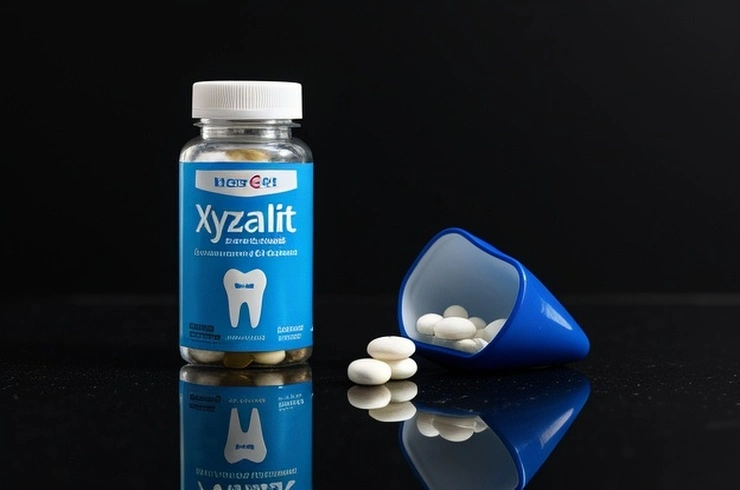
At some point, everyone experiences dry mouth. While dehydration and anxiety often cause short-term cases, chronic dry mouth can be linked to chemotherapy, certain medications, diabetes, autoimmune diseases, and oral infections. Left untreated, dry mouth can negatively affect your oral health. Thankfully, relief can often be found with lozenges and other methods.
Lozenges for Dry Mouth
Sucking on lozenges helps stimulate saliva, which is beneficial for your teeth, gums, and overall oral health. When choosing a dry mouth lozenge, always select a sugar-free product. Many sugar-free products contain xylitol, which not only stimulates salivary flow but also reduces bacteria that can overgrow in a dry mouth. Xylitol also helps to minimize the risk of tooth decay. The act of sucking on the lozenge also works your chewing muscles, which, along with the lozenge's flavor, further stimulates saliva production.
Other Ways to Stimulate Saliva Flow
According to Johns Hopkins Medicine, in addition to lozenges, you can find other over-the-counter (OTC) products like gels, sprays, mints, gum, and toothpaste that contain xylitol to stimulate saliva. Sucking on sugar-free candies, chewing sugar-free gum, and snacking on carrots or celery can also help with dry mouth. Drinking more water, sucking on ice chips, and maintaining healthy oral hygiene habits are also beneficial practices.
Things to Avoid for Dry Mouth
Certain things can worsen dry mouth problems. It's best to:
Avoid salty, dry, and sugary foods and drinks.
Limit alcohol and caffeine intake.
Consider quitting smoking.
There are many causes of dry mouth. It's important to talk with your dentist or physician to help identify what might be causing your dry mouth. Lozenges and other solutions can help manage the symptoms, but ongoing oral health appointments with your dental professional are crucial.
This article is for general oral health information and understanding only. It is not a substitute for professional advice, diagnosis, or treatment. Always consult your dentist or other qualified healthcare provider with any questions about a medical condition or treatment.
Pro Tip
The content of the article is shared by netizens, please carefully identify it